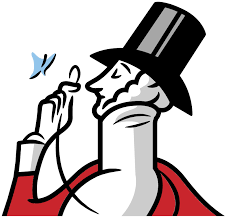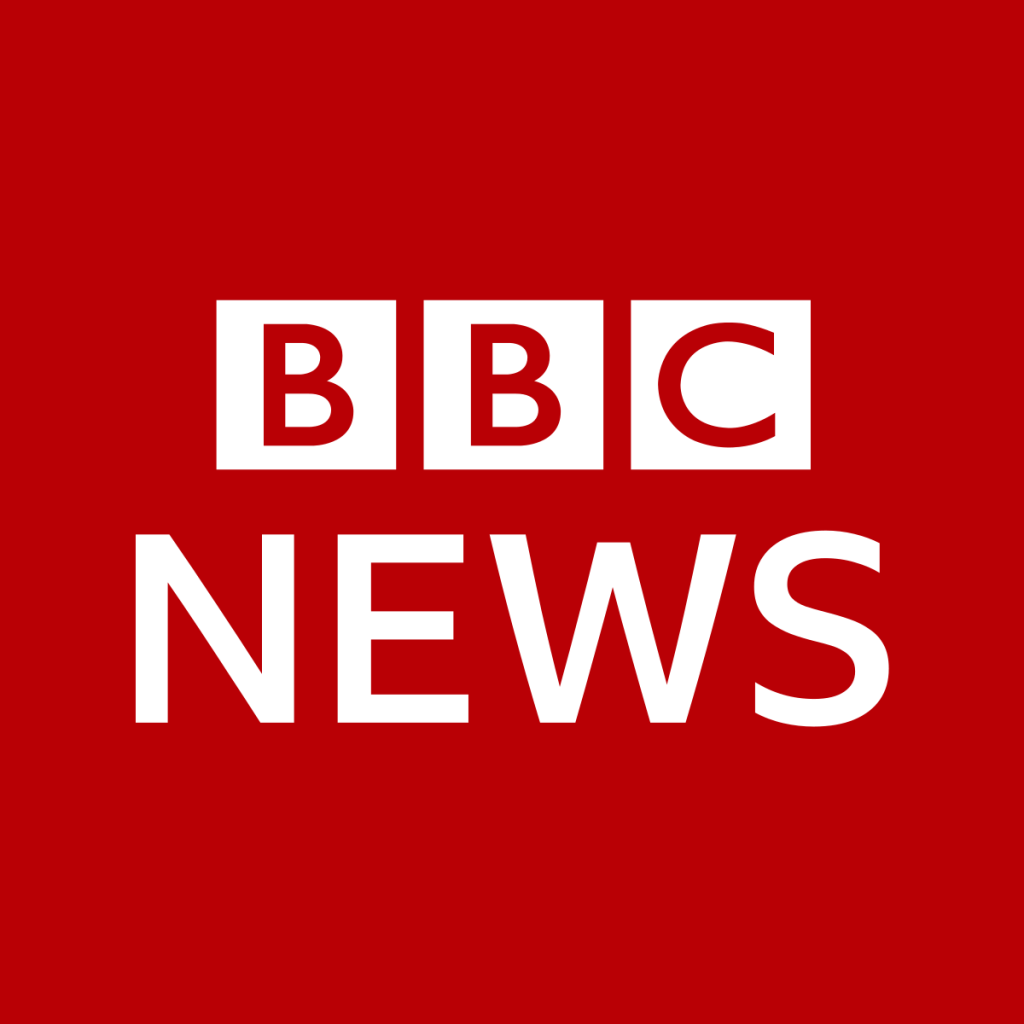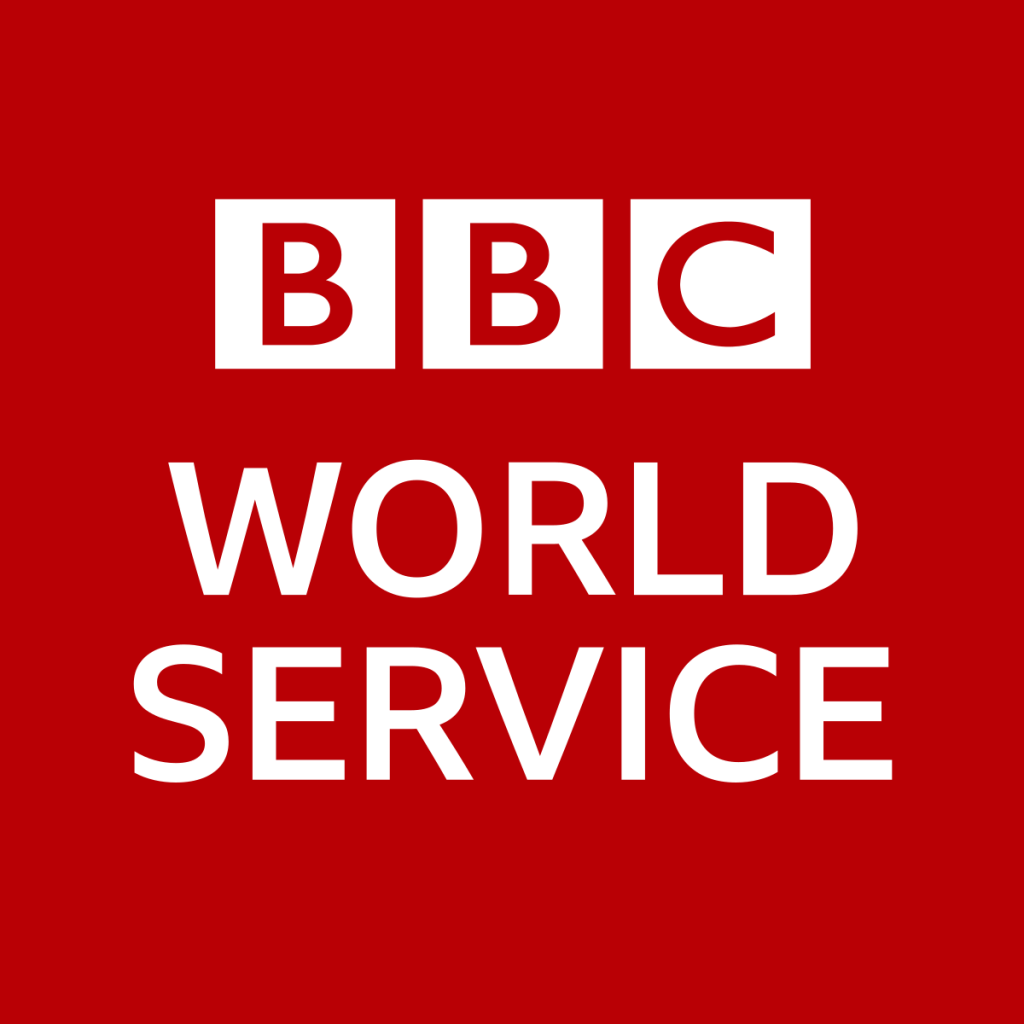Simanaitis Says
On cars, old, new and future; science & technology; vintage airplanes, computer flight simulation of them; Sherlockiana; our English language; travel; and other stuff
TIDBITS ABOUT AUNTIE BEEB
BBC WORLD SERVICE is my wakeup call at 6:00 a.m. Pacific, 13.00 GMT. They used to play Lillibullero, but now it’s just a zippy modern sound check. This year is the 100th anniversary of British Broadcasting Corporation, and Sam Knight writes “Can the BBC Survive the British Government?” in The New Yorker, April 11, 2022. Here are tidbits gleaned from his article, together with my usual Internet sleuthing.

Auntie Beeb’s Dowry. Sam Knight writes that BBC was formed in 1922 “after the government, the Post Office, and the nation’s radio manufacturers agreed to avoid the ‘American experience’ of a wireless free-for-all.”
“By June, 1922,” Knight says, “the U.S. had three hundred and eighteen radio stations; starting at 6 p.m. that November 14th, when the BBC began broadcasting—“Hullo, hullo, 2LO calling. 2LO calling. This is the British Broadcasting Company”—Britain had one. The new company was funded by royalties from the sale of radios and a ten-shilling ‘licence fee,’ paid annually to the state.”
Auntie’s Initial Broadcasts. Knight notes, “Shows went out live and unrehearsed: dance music, stories for children, George Bernard Shaw reading his new play. The BBC’s original staff included a disproportionate number of pilots from the First World War, who believed that the air held limitless possibilities for society. The news was an afterthought.”

Auntie’s Relationship with the Government. “The BBC will always be stuck in the complex embrace of the British state,” Knight says. “The corporation operates under a royal charter, which is updated every ten years or so, and says it must be ‘independent in all matters.’ But everyone knows that it’s more complicated than that. The license fee, which provided seventy-five per cent of the BBC’s income in 2021, is set by the government, and the broadcaster’s board is open to political appointees.”
“For all the control craved by its managers and political masters,” Knight says, “the BBC has always contained enough cracks for specialized knowledge and beautiful things to occur.… For a long time, the BBC’s dominance of the airwaves made it both a creative and an inhibiting force. The news was mostly accurate but stuffy. Acceptable opinion ranged across a mainstream defined by the Church of England and the Houses of Parliament and not an inch farther.”
A Toddler’s Tidbit. As an example, Knight observes, “The BBC began broadcasting television in 1936, and until 1957 it shut down for an hour between six and seven in the evening—the “toddler’s truce”—so parents could put their children to bed.”
A Buy-Out Option. ”In 2014,” Knight writes, “forty-eight households who thought that the license fee (£145.50 that year) was too high were offered a refund of £3.60 and deprived of its services for nine days. Two-thirds of them asked to be reconnected. Many didn’t realize that the news, the weather, the radio, the films, the voice in the background, ‘Strictly Come Dancing,’ the music in the car, the podcasts, the sports results on their phones, the Teletubbies—it was all made for their benefit, advertising-free, for forty pence a day. ‘That’s peanuts, really,’ one respondent said.”
Other BBC’s Doubters. Knight writes that “Churchill never got over his distrust of Auntie, as the broadcaster was known. ‘It is run by reds,’ he used to say. It was Churchill’s government, in the fifties, that finally ended the BBC’s monopoly of the airwaves. Margaret Thatcher, who never met a public utility that she didn’t want to privatize, didn’t like the smell of the BBC, either. Norman Tebbit, her minister and loyal Rottweiler, once described it as that ‘insufferable, smug, sanctimonious, naïve, guilt-ridden, wet, pink orthodoxy of that sunset home of third-rate minds of that third-rate decade, the Sixties.’ ”
Ouch.
“In 1985,” Knight continued, “Thatcher’s government commissioned a free-market economist, Alan Peacock, to investigate whether the BBC should be funded by advertising and subscriptions. The Peacock Committee came up with the wrong answer: the BBC would probably be all right, but it might wipe out its competition.”
Knight’s (and the Public’s) Conclusion: “In 2015,” Knight says, “the government asked the British public for their views on the BBC and received a hundred and ninety-two thousand responses. Ninety-seven per cent were favorable. It has always been about more than broadcasting.”

I agree. Now if they’d only bring back Lillibullero…. ds
© Dennis Simanaitis, SimanaitisSays.com, 2022

More recent surveys show a different story.
Please share. Knight’s piece appeared April 11.